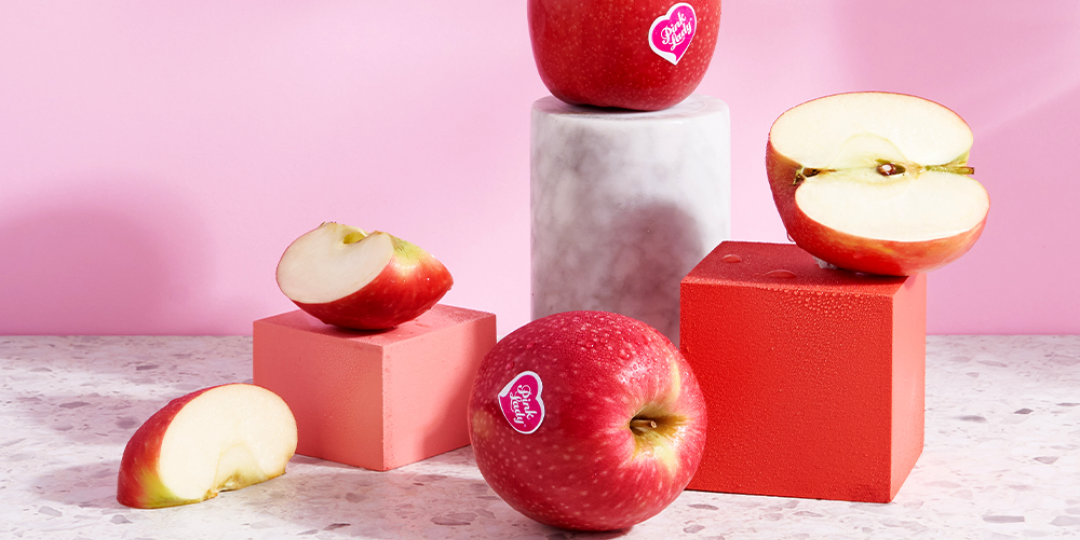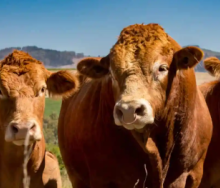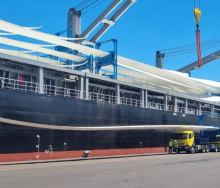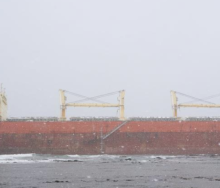South Africa is rapidly establishing itself as the leading and preferred source of Pink Lady apples from the Southern Hemisphere.
This varietal is the fastest-growing apple varietal in the UK, with sales rising by 13% over the past year, according to data from market researcher Kantar.
“South Africa is the largest producer of Pink Lady apples in the Southern Hemisphere, and, from a supply perspective, the country is becoming synonymous with Pink Lady. I am quite positive about the future of Pink Lady and believe the best is yet to come for South African Pink Lady apples,” says Calla du Toit, procurement manager at Tru-Cape Fruit Marketing and chairman of Pink Lady SA.
South Africa’s annual Pink Lady production stands at about five million cartons, of which Tru-Cape handles about 20%. The UK receives the majority (approximately 2.1 million cartons), followed by Europe and Africa (1 million cartons each).
Other markets where South African Pink Lady apples are doing well include Europe, India, and Vietnam.
“We have made good progress in developing new markets over the past five years. We are also optimistic that market access to Thailand, where our competitors sell high volumes of Pink Lady, is imminent,” said Du Toit.
“The brand is well positioned as a key retail variety, and Pink Lady is certainly claiming more shelf space and pushing out varieties like Braeburn and Golden Delicious in England, among other places,” added Conrad Fick, marketing director at Tru-Cape Fruit Marketing.
International market and shipping trends are also in South Africa’s favour in terms of strengthening its hold on the Pink Lady market.
Du Toit notes competitors in the Southern Hemisphere are struggling to keep up with rising cost pressures. It is anticipated that Chile’s success with cherries will come at the expense of Pink Lady. In addition, South Africa’s proximity to major markets such as the UK and Europe is to the local industry’s benefit due to rising shipping costs. UK and European consumers also prefer South African Pink Ladies’ smaller fruit sizes, and they also find it convenient to do business with South Africans.
It takes about three weeks for South African fruit to reach the UK, making it possible for local exporters to pack at source, which limits the handling of the fruit and improves quality. Both of Tru-Cape’s packhouses, Ceres Fruit Growers and Two-A-Day, boast flow wrap facilities, enabling them to pack Pink Lady apples with a sell-by and best-before date.
“We are in a fortunate position, as not many countries can offer this service,” said Du Toit.













